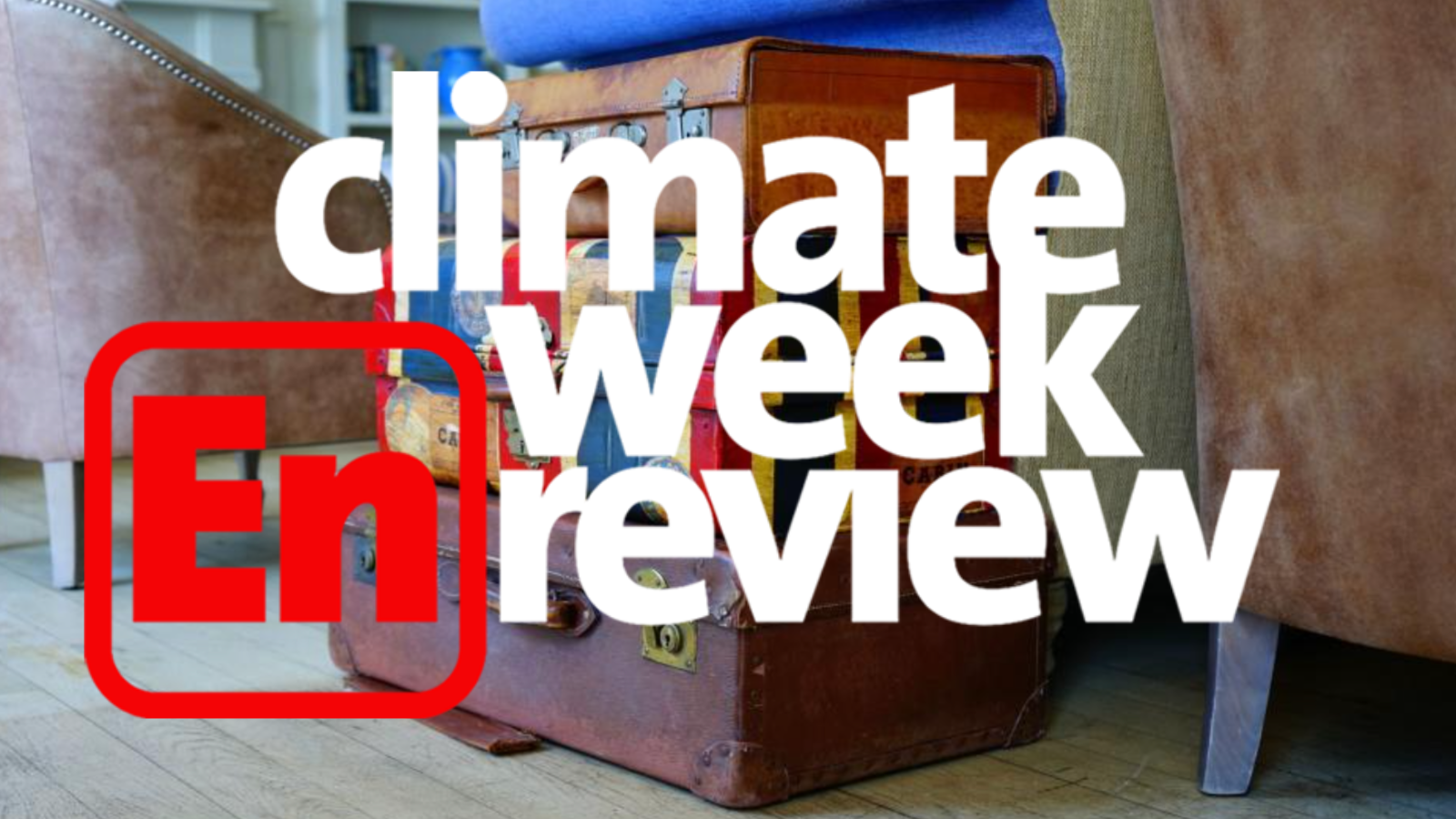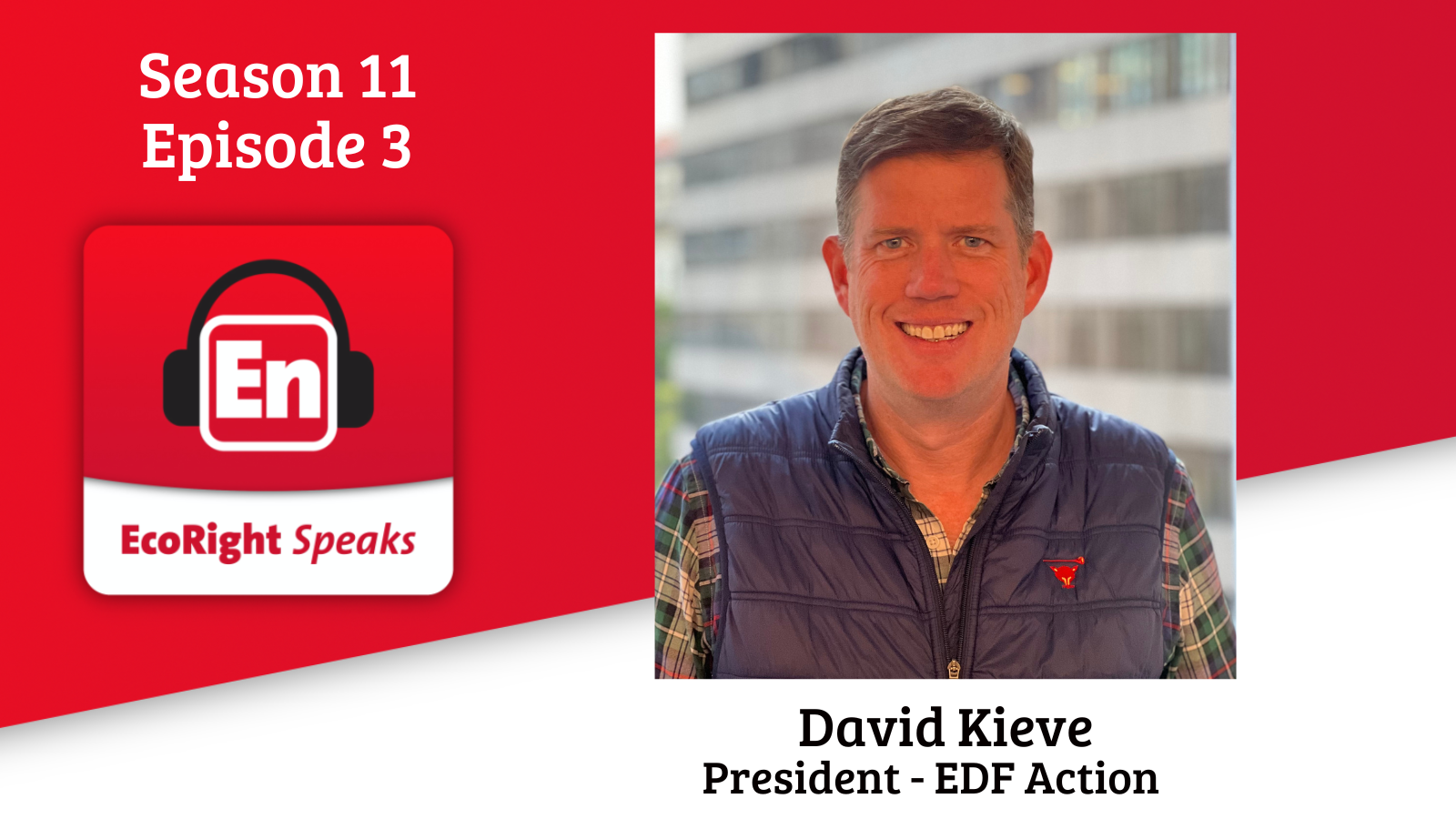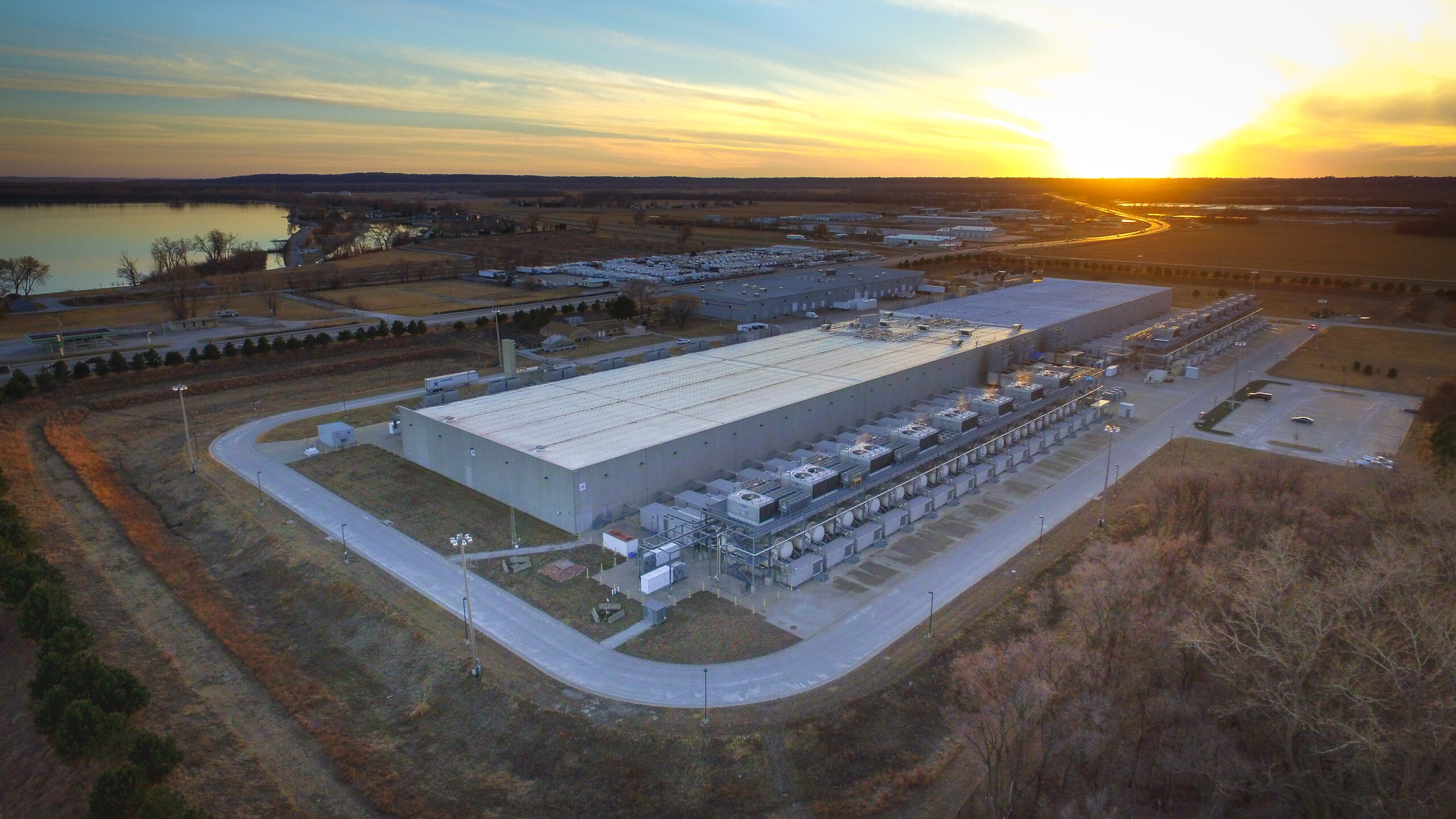
This week’s must read: Let facts, not fear, lead the renewable energy conversation (Midland Daily News)
“When vague and speculative fears are amplified without evidence, they don’t just delay progress but hurt real people, real landowners, and real opportunities for economic growth,” writes Blake Edmonds—former Michigan Republican Party Youth Chair and Great Lakes Chairman of the Young Conservatives For Energy Reform—in response to mistruths being circulated about solar energy. “There is no credible scientific evidence suggesting that the materials used in solar panels pose health risks to humans. When it comes to any type of renewable energy, don’t allow myths to drive away good and responsible development that benefits our next generation of farmers, our communities, and our state.”

This week on the EcoRight Speaks…
For this week’s show, we spoke with David Kieve, the head of EDF Action, the campaign arm of the Environmental Defense Fund. This is the first time we have featured a representative of the environmental community on the show, and we were strategic about the choice. EDF has a history of bipartisanship, and EDF Action, which supports candidates who champion climate action, is not one-sided (or one-aisled) in their approach. We appreciate their commitment to bringing both sides to the table for durable climate policy that can transcend political change.
Sit back and tune in!
Coming up next week, my quite riveting conversation with Corey Kerkela, the driving force behind the Rotary Club’s Fellowship of the Trees.
LTE of the week: thanking John Curtis
You know I’m a fan of shouting out your lawmakers when they do something you applaud (or the opposite, even).
“As Chairman of the Utah Federation of College Republicans, I represent young conservatives who believe in the power of free markets, limited government, and American ingenuity,” writes Tyler Boyles in the Daily Herald. “Clean energy should be about more than just environmental rhetoric, it should be about energy independence, economic strength, and national security.”

Cool Innovation: What Uses More
You have probably heard that AI is an energy hog, but have you ever wondered what that really means in terms of energy use?
Now you can.
What Uses More is the brainchild of a University of Maine professor who wants people to be able to put energy use into context.
From the press announcement: “Users can also compare energy and water consumption between using AI and other technology. For example, asking AI to create a three-second video can consume 25 times as much energy as charging a smartphone and twice as much as an hour-long Zoom call with ten people. Additionally, users can manipulate various parameters, such as the data center’s power source and the climate of its location, to observe how these choices impact energy and water usage.”
From the member of the team not on vacation (yet) to all of you, have a great weekend.
